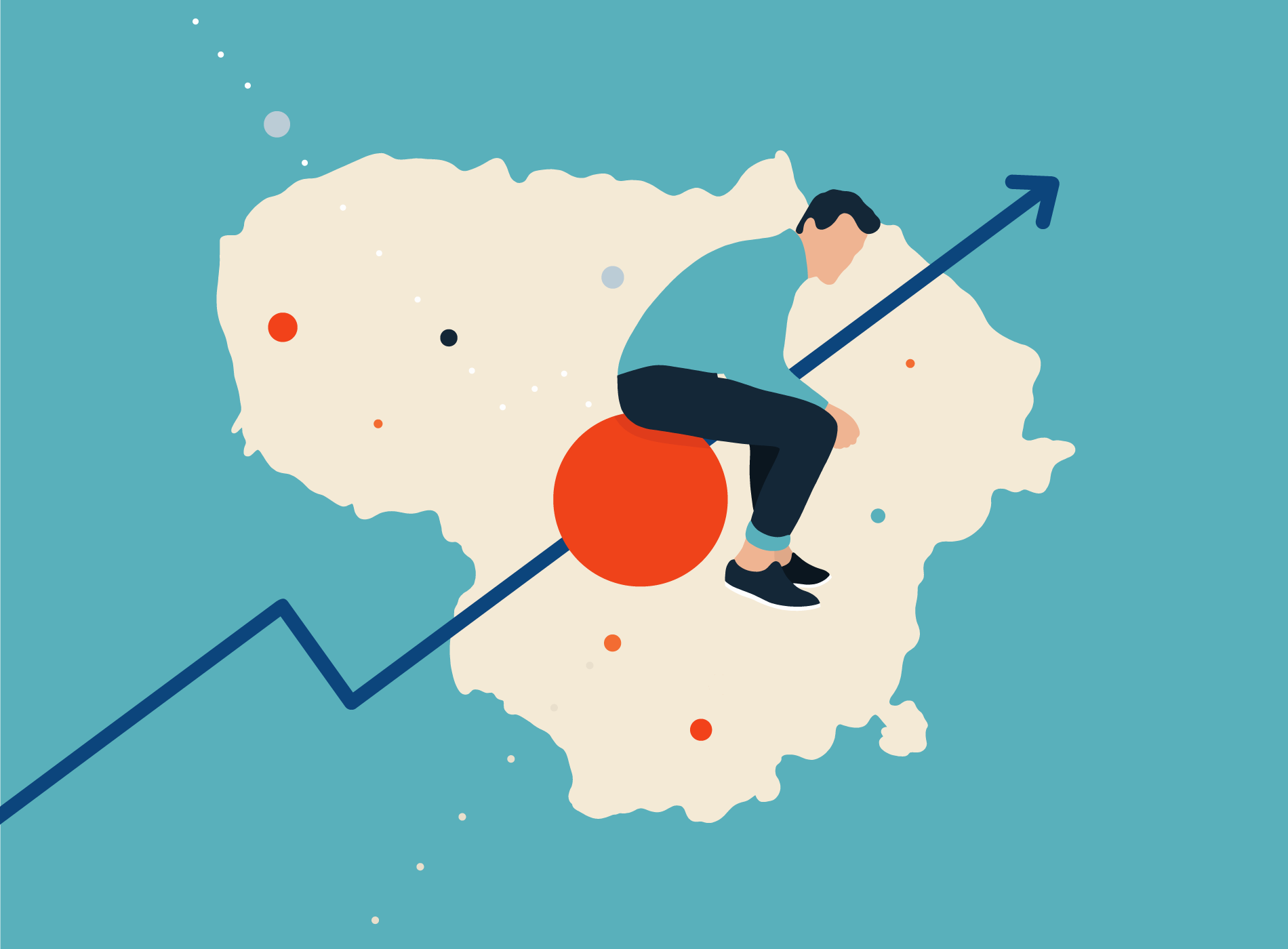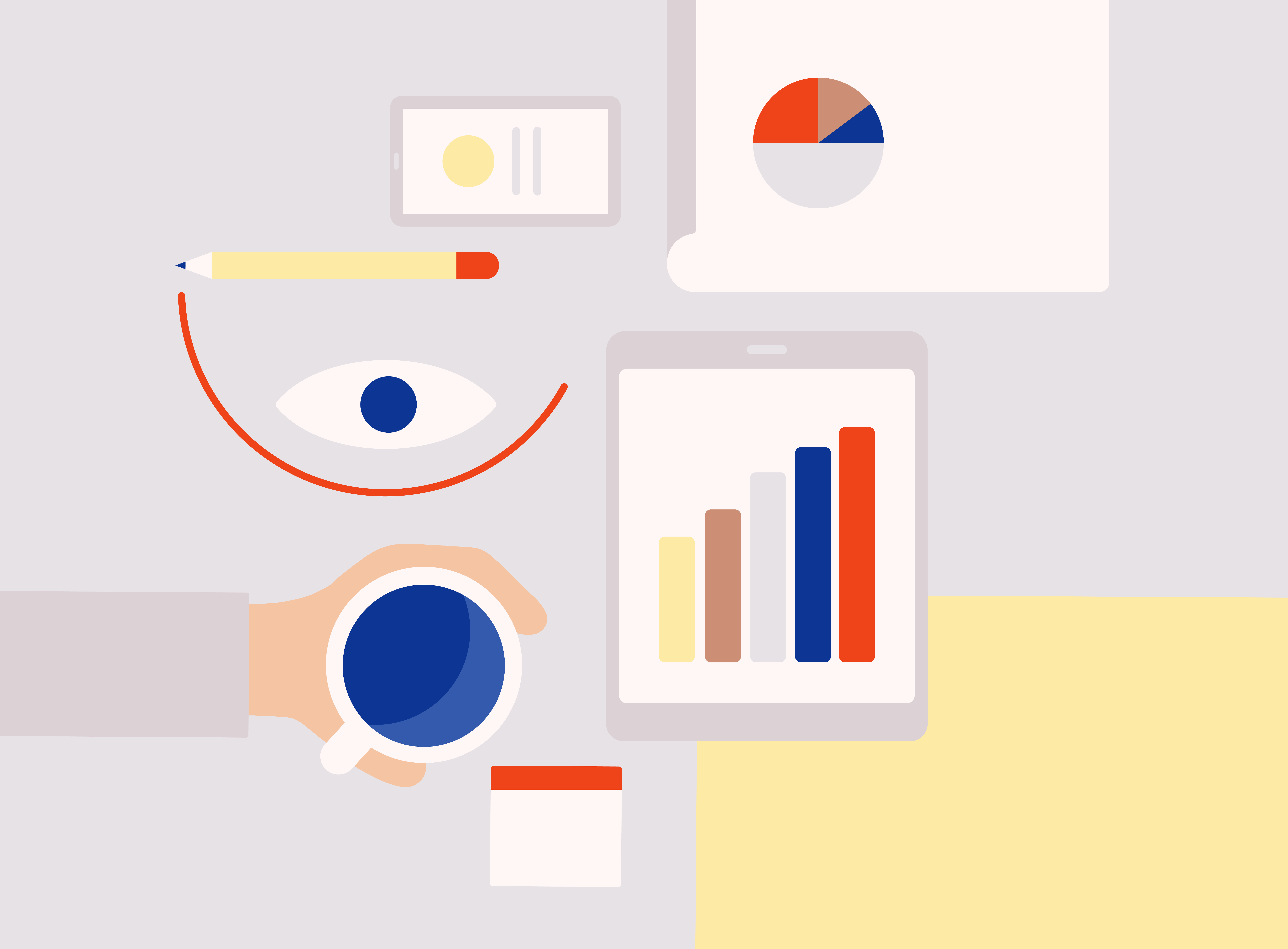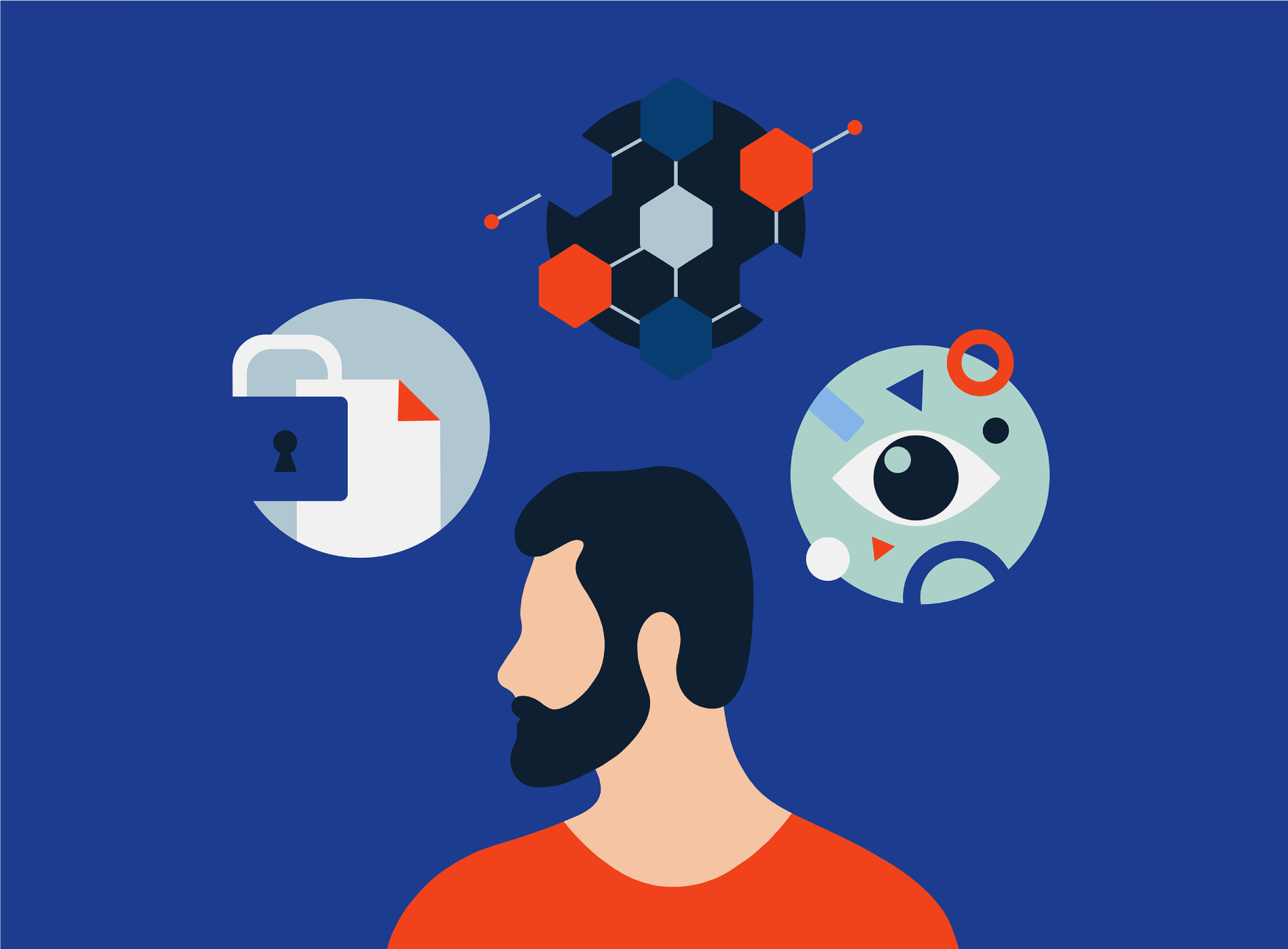Essential Skills Every Software Developer Should Have in 2019

Nowadays, it is rare to find a software developer who can do it all.
A good engineer (whether it be in web or app development), now needs to be able to wear many hats. They have to know many different coding languages, be able to communicate within a team, as well as be up to date with any future trends that might change up the whole industry.
It’s hard to say for sure what the development scene of the future will look like as it’s constantly evolving. The software industry is one of the few fields that doesn’t slow down, as there will always be demand for capable engineers. Which is why it can be so hard to find a developer who can satisfy all of your requirements.
To help explore the question of the essential skills every developer should have, we’ve decided to add our own experience and insights to the discussion.
We believe that an ideal software developer should have a mix of hard and soft skills.
The key difference is that hard skills show you’re great for a specific job – i.e. your qualifications, technical skills (e.g. development languages), and more.
While your soft skills include more non-technical skills – i.e. your communication, leadership, adaptability, and more. They show that you can be a great fit anywhere, due to your personality and people skills.
Traditionally, most software developers were always leaning more on the hard skills side. They had a strong technical background but not a lot of soft skills that made them fit in any team.
The reason I’m bringing up the concept of hard and soft skills is because at Scale3C, we believe that all developers now need to have a mix of both if they want to make it far.
A great developer now needs to be able to communicate a problem well enough to non-tech employees, as well as know how to solve it.
With that said, the following is a more concrete list of skills we believe every developer should have – including the best of hard, as well as soft skills in 2019.
1. Curiosity
Great software developers are great problem solvers. And to solve problems, you need to be curious and always be questioning what’s the best way to a certain solution.
This is why most developers got started in the first place, and it’s important to retain that sense of initial curiosity. As long as you’re willing to learn and want to gain more knowledge – you can always improve.
In a field that’s constantly changing, it’s hard for a developer to peak. There is always more to learn and one should never stop after a certain point.
With web development, for example, there are always more frameworks you can look into to make your job easier. Being curious means being willing to learn and wanting to discover new things.

It pushes you to learn new languages, experiment, and look for new, and more efficient solutions.
A developer who is curious is always open to new ways of doing things and questions their current methods.
Just because something works doesn’t necessarily mean it’s the best way to do it. Always have an open mind and be open to alternatives.
The best developers tend to be naturally curious people who love to learn and look for the most efficient solutions. They think outside the box and always question the current way of doing things.
Even better is when this happens publicly and the whole team is involved. It’s important to have a sense of culture that empowers everyone involved to brainstorm together and not to be afraid to ask questions.
Intellectual curiosity drives projects and companies forward.
With developers, it’s important to be always reading on topics of interest and the newest research. Asking questions is where best ideas and solutions often come from.
2. Technical Know-how
When it comes to being a developer of any kind, having strong technical knowledge and background is the way to break through the industry.
As important it is to always have an open mind and constantly be looking for the best solutions, it’s just as important for every developer to know the building blocks of their profession.
Because the world of software development is always evolving, there is always something new to learn, as mentioned above.
There are new software, tools, languages and frameworks released every day. For developers, this means they have to be up-to-date with the newest technologies that they work close to.
While the specific coding languages might differ for everyone, every great developer also needs to know how to write clean, logical and elegant code, and also know how to properly document it.
Ideally, the whole development team should be able to understand each other’s code. Hence why documentation and comments are so important.

Source: Geek & Poke
Coding standards often look different everywhere, but great developers need to have some basic skills to manage their code.
Other important development background knowledge might include:
- Qualifications or certifications.
- Logical thinking and problem-solving.
- Strong theoretical background.
- Teaching others.
- And more.
Of course, this is only a small list of the technical skills all developers should know.
Most developers are familiar with at least several coding languages, and have in-depth experience with at least one.
This is also why it’s so important to niche down. With development, there are many languages you can learn.
If you try to learn everything, you won’t get very far.
Instead of focusing on various programming languages, you should first gain a deep understanding of one specific language. For example, you can focus on Javascript, which allows you to progress both in frontend and backend, having in mind React.JS and Node.JS
At Scale3C, we primarily specialise in software development, mobile development, and product design. As such, our developers work closely with the following languages:
- React.
- Swift.
- Android.
- iOS.
- Java.
- Javascript.
- Vue.
- Angular.
- WordPress.
- AWS.
- Php.
- Python.
3. Communication
Effective communication is key to any project’s success.
For developers, this is one of the most important non-coding skills.
We found that this is even more the case while running a business remotely. Which is why we have compiled a list of some of the important tools we use that make communication easier.
There are two main points to be made here.
First, being able to communicate technical development information to non-tech people.
Secondly, being able to communicate in meetings (with both staff as well as customers).
The easiest way to be a better communicator is to be prepared and know your audience.
Discussing a technical topic with another developer is probably going to be easier than when talking to other members of the team. If you’re going to have a meeting in advance, it’s worth going the extra mile to prepare in case you have to break down a complex topic.
For example, in our own work environment, we mostly use a mix of Scrum and Kanban project management methodologies. One of the main key steps of the Scrum framework is holding a 15 minute daily meeting with the Scrum Master to discuss the project’s progress.
To make sure the meetings go smoothly, strong communication skills help us update everyone on the development status.
When working with customers, we’ve developed a process that involves them at each step of the way, with how we handle projects. We adjust to their process practices if they are in place, and if not, follow this order step-by-step.

Additionally, we also include our tech people into our communications with clients (e.g. joining skype calls with the product owner). This way, we can explain to our clients the development side of things and why one solution might be better than the other each step of the way in a way that makes sense to them.
Clients appreciate the effort and everyone is on the same page this way – making it a win-win situation.
4. Time and Self-management Skills
There’s been a lot of talk on time management and being more productive. We’ve found that the best solution is simply setting one specific time management technique and sticking to it.
The options are many: from prioritising your tasks to splitting up your workload to tracking your time. All of them have their uses, and depending on your deadlines and work-flow, some can be more effective than others.
To divide your development process, you might want to split it up into small parts. All of your tasks should have deadlines, so that you can measure progress and what success looks like.
Be realistic with yourself and your deadlines. Estimate how long tasks will take and create a schedule based around that.
If you want to get a sense of how long each development task takes by the hour, consider monitoring the amount of time you spend on them. There are a lot of apps for this, and you can also track where and how you spend most of your time when working.

Finally, if you want to improve your overall efficiency of work, you can consistently ask for feedback during projects.
The more you share, the more you learn.
Feedback and code reviews can vastly improve what you’re working on and save a lot of time in the long run.
A big part of time and self-management is knowing yourself and becoming aware of your own patterns.
The bottom line is time and self-management are both great ways to grow as a developer and learn from past self.
5. Teamwork
The best way to improve your skills as a developer, in addition to having a mix of all the above skills, is by using your stronger asset – your team.
Teamwork is equal parts how well you work with others and how well others work with you.
It’s a stereotype at this point for developers to be lone highly excellent performers. But no software or project is completed alone.
Essentially, actively using teamwork in development projects is a combination of the above skills. You need people to review your code, and to brainstorm other ideas and solutions together.
In turn, teamwork creates an environment of psychological safety and encourages everyone to participate and get involved equally.
Collaboration is an essential part of the team, as it’s often the best way to create a coherent final product. Developers should always be aware of the main team goals, and interact with colleagues regularly (whether it be online or offline).
Asking others with more expertise than you and training newer engineers requires strong teamwork and communication skills.
Summing up
Research has found that the demand for hard skills increases alongside that for soft skills.
For developers looking to improve their skills, this means that while they’re focusing on skills that meet the market demands, they shouldn’t forget soft skills that are just as crucial when working with other people.
These skills may not get them the attention they deserve, but it can make the difference between a good developer and a great one.
Strong software developers can no longer rely only on hard skills now. Being a team member and knowing how to communicate with other developers is just as important.
Developers now need to be able to empathise with their teams to fully understand the problem, and be able to find a way to make the project work for everyone. This is the ideal mix of hard and soft skills that make a truly great developer.
To deliver excellence in development, we constantly evaluate our own mixture of skills to make sure we are on top of our business.
Similar articles

What is the Future of Front End Development in 2020

Why You Should Outsource Your IT Projects to Lithuania


